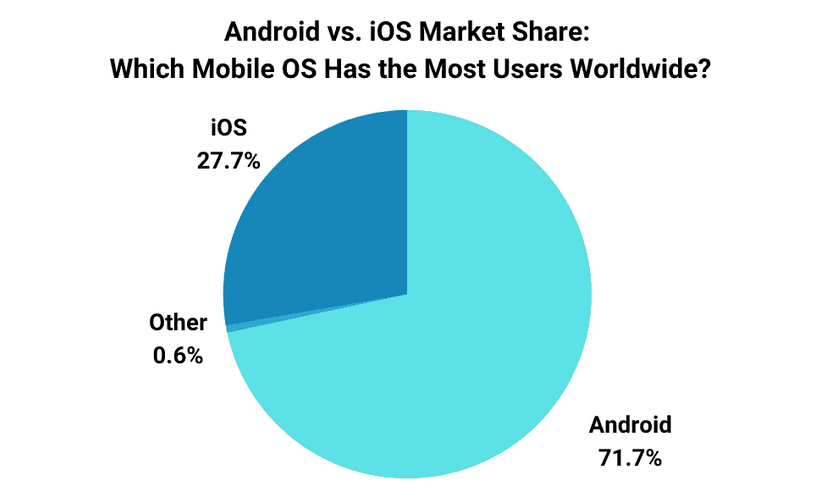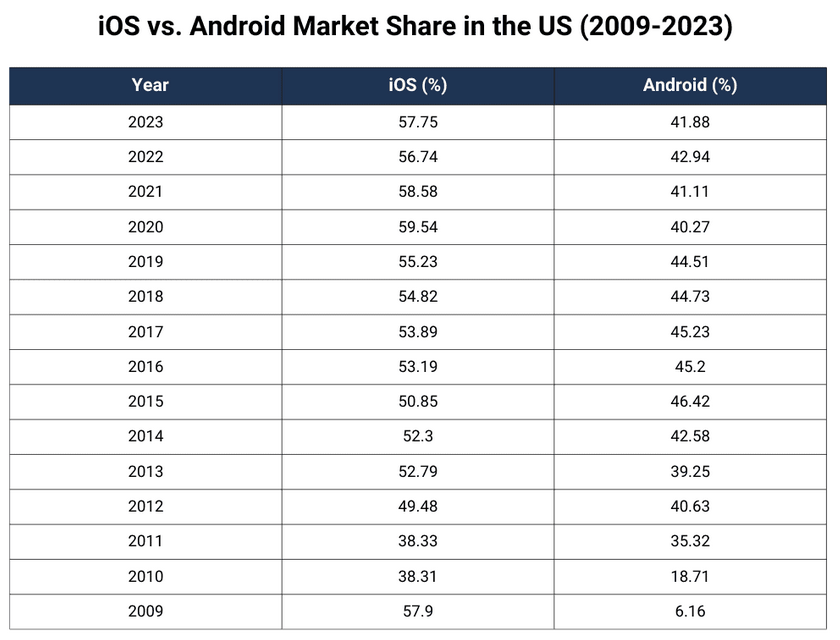
Brand Signals For SEO
There is a bit of confusion lately on what's going on with the SEO and the latest algorithm updates. There have been reports of whole site no longer blogging since around Sept 2022 update, big brands even. That action is odd, a bit alarming, but understandable since I believe they ARE missing critical components to their online presence.
Something I want to talk about today is Brand Signals (simliar to Domain Trust). I see it over and over again, websites that have a small footprint on social media and other platforms that get decimated since Google can't really trust them.

Think about it logically for a moment, if Google took the time to create Twitter carousels, YouTube carousels, Pinterest carousels, TikTok carousels, Google News, People Also Ask questions, curate Wikipedia content and other rich search elements, wouldn't those be an indicator that brands participating within those arenas are taking their online presence seriously?
Example of a Twitter Carousel:

Example of Video carousel:

--
When you make CONSISTENT updates to these platforms you'll enable carousels for your brand. Even small brands/sites will have carousels from the platform they participate the most on.
Now if you are not participating on ANYTHING - how serious are YOU?
And it's not just about social media. If you have a physical location, there should be multiple directories and local platforms like Yelp that you have a presence on. Imagine a restaurant with 0 Google reviews, and 0 yelp reviews - that doesn't sound like a popular restaurant, why would Google push them up the localized rankings and results?
Would you test out that restuarant?

Now let's say you are in the home hobbies niche - knitting or crocheting, the majority of your competitors have a Pinterest presence right? Are you suppose to have one? If not that shows Google something is odd about you.
Do you need YouTube videos for cooking? Yes. Do you need them for septic tank cleaner - probably not, but it could help if your competitors are lacking.
What you have to do is look for the platforms and areas your competitors are utilizing and then join the conversation. Then if you see, like in the septic tank cleaner scenario, that your competitors may be lacking on a certain front, TEST IT! You could be the only septic tank cleaner talking about the subject in your area or nationwide.
LinkedIn is also a great brand signal. Having 10 employees all stating they work for your company shows Google hey this brand is serious and real. Fleshed out real profiles that show Google you are a real company. So if you have a number of employees make sure they get a LinkedIn account, link to your company, and then use your company's profile page to send updates about your industry joining the conversation.
Quick list of potential brand signal sources:
Pinterest traffic
Twitter traffic
Facebook traffic
YouTube traffic
TikTok traffic - Currently #1 website in terms of traffic - supplanting Google.com (The next generation of internet users is on here so don't discount it cause your "too old").
Instagram Traffic
LinkedIn Presence (how many people work for them and put that on their profile)
Nobody cares if you don't know how to use a platform. If your audience is there, if they are talking about your industry/niche within these platforms you NEED to be part of it. Otherwise you'll go the way of the yellow pages phonebook guys that thought the internet was a fade. You'll be a dinosaur.
Other ways to create brand signals:
Industry or Government associates (trade associations) - They have websites and contact information for their members which you can get your name and brand into. Obviously don't join the plumbers association if you are a dentist. It's not about spam, it's about showing the world and Google, that you exist within the space.
Offline marketing and advertisement usually results in branded search traffic. Brand searches are people typing in directly into the search engine "CarFax" or "SERPWoo". Doing offline marketing like local postal mail ALWAYS increases brand searches within your location. Take it back to the traffic leaks mindset era.
Press coverages - beyond simple Press Releases. This is where HARO (Help A Reporter Out) comes into play. You can also higher a digital PR firm which's job is to get your attention.
Social presences - with posts, online presences within your industry, and brand traffic heading towards your website means you are a real brand.
How Google Monitors All Online Traffic for Brand Signals

Edit: I completely forgot about another powerful source for Google to monitor Brand Signals - Android for mobile phones! Clearly I'm an iPhone guy.
Google is probably the only company on the internet with resources to understand what's going for 80% of the internet.
Google Chrome
Think about it, it's got Google Chrome, with a staggering 66% share of the global market. Over 6 in 10 people are using Google chrome. And all traffic data is sent back to Google, so they have a good understanding of a websites' traffic.

Google Analytics
Turn to Google Analytics with nearly 90% of market share. Almost 90% of all active websites have Google Analytics installed. They not only know which websites are sending you traffic, but also websites you are sending traffic. You don't even need Google Analytics installed on your site, just a website linking to you that has Google Analytics and they can estimate your inbound direct traffic.

Google Public DNS
Just to throw some icing on the cake there is Google's Public DNS (8.8.8.8 and 8.8.4.4) which a majority of services, internet nodes, and internet services providers use to figure out where this domain's server is even located. It's estimated that 13% of all internet traffic goes through Google's Public DNS. More than 1 in 10 internet connections travel or hit the Google internet tubes at some point - stuff like viewing an image on a website, means Google knows who is getting serious traffic or not.

Google Android for Mobile
Then throw in Google Android for mobile, With a staggering 71.7% of mobile global market share (Android vs. Apple Market Share).

Note: Apple iOS dominates the market for the United States though, always has since 2009:

Putting It All Together
Couple Google Public DNS (13% of internet traffic), Google Analytics (almost 90% of market share), Google Chrome (66% of market share) and then Google Android (71.7% global market share) together - YES Google knows if your website is getting traffic from other sources or your just an "SEO" - ranking and banking.
Google's reach and power is the reason you need brand signals coming from everywhere.
If you are not participating on these platforms, if you are not joining the conversation then it shouldn't be a surprise that Google decides to weed you out of the equation.
